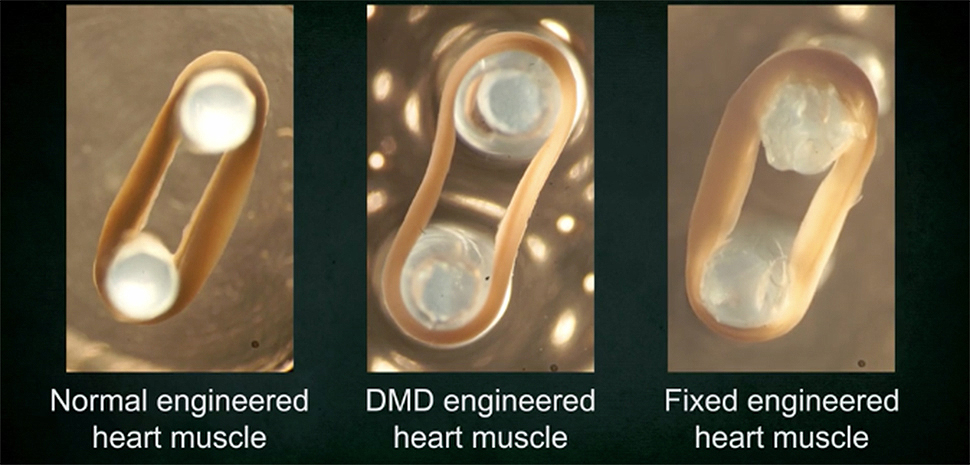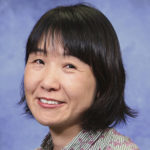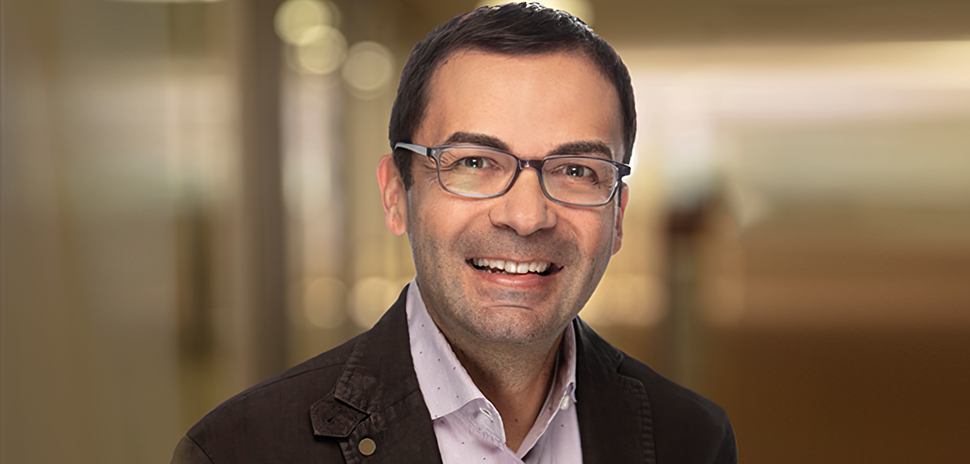RESEARCHERS AIM TO EXTEND BRAIN FUNCTION AS WE AGE
![]() Research done at the Center for BrainHealth at the University of Texas at Dallas may provide new hope for extending our brain function as we grow older.
Research done at the Center for BrainHealth at the University of Texas at Dallas may provide new hope for extending our brain function as we grow older.
The center conducted a randomized clinical study involving people ages 56 to 71 which found that after cognitive training, the participants’ brains were more energy efficient. That means their brains didn’t have to work as hard to perform tasks.
The study’s results were published in Neurobiology of Aging.
“It is thrilling for me as a cognitive neuroscientist, who has previously studied age-related cognitive decline, to find that cognitive training has the potential to strengthen the aging brain to function more like a younger brain.”
Dr. Michael Motes
“Finding a nonpharmacological intervention that can help the aging brain to perform like a younger brain is a welcome finding that potentially advances understanding of ways to enhance brain health and longevity,” said Dr. Michael Motes, senior research scientist at the center and a lead author on the study.
“It is thrilling for me as a cognitive neuroscientist, who has previously studied age-related cognitive decline, to find that cognitive training has the potential to strengthen the aging brain to function more like a younger brain.”
Find our more about this research here.

[Photo courtesy of UT Southwestern Medical Center]
TECHNIQUE COULD CORRECT DUCHENNE MUTATIONS
Scientists at UT Southwestern Medical Center have developed a CRISPR gene-editing technique they said could correct most of the 3,000 mutations that cause Duchenne muscular dystrophy.
DMD is a rare, deadly condition caused by defects in the dystrophin gene. Normally, the dystrophin protein helps strengthen muscle fibers. It primarily affects boys.
“This is a significant step.”
Dr. Eric Olson
The technique developed at UT Southwestern makes one cut at a strategic spot along the patient’s DNA.
Researchers successfully tested the technique in heart muscle cells from patients, and said it provides a good alternative to the task of developing an individualized molecular treatment for each gene mutation that causes DMD, according to UT Southwestern.
“This is a significant step,” Dr. Eric Olson, director of UT Southwestern’s Hamon Center for Regenerative Science and Medicine, said in a release. “We’re hopeful this technique will eventually alleviate pain and suffering, perhaps even save the lives, of DMD patients who have a wide range of mutations and, unfortunately, have had no other treatment options to eliminate the underlying cause of the disease.”
According to UT Southwestern, scientists believe the new strategy improves accuracy for surgical-like editing of the human genome, correcting mistakes in the DNA sequence that cause diseases such as DMD.
UTD RESEARCHERS LOOK AT NEW WAYS TO TEACH PHYSICS
Using money from a National Science Foundation’s STEM + Computing (STEM+C) program, researchers at the University of Texas at Dallas are beginning a three-year research project that will test a novel approach for teaching physics to high schoolers.

Midori Kitagawa
The study, called Scaffolded Training Environment for Physics Programming, will use specialized computer programs to teach physics to children, according to UT Dallas. The grant was for more than $1 million.
Lead investigator Dr. Midori Kitagawa said the idea for the project evolved from something she heard on the radio while in her car.
“I was listening to the radio in my car, and the program was talking about the benefits of learning a second language gave to other areas of study,” she said in a release.
Kitagawa said she wondered if programming languages might impart the same advantages.
You can find out more about the research here.
READ NEXT
Discovery: REHEAL Glove Aids Healing, UNT Team Creates Revolutionary Material
Discovery: New Tech to Battle Heart Failure, Crystals Behave Unexpectedly Under Heat
![]()
Get on the list.
Sign up to keep your eye on what’s new and next in Dallas-Fort Worth, every day.































































